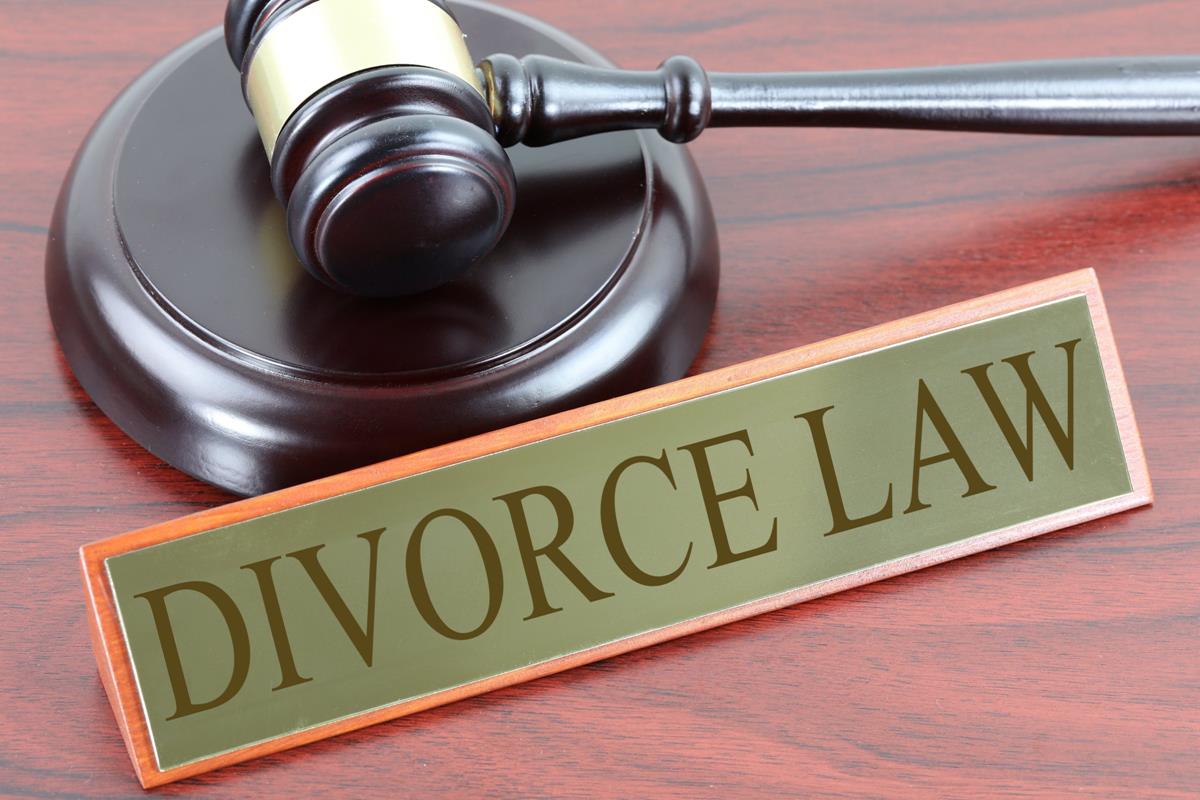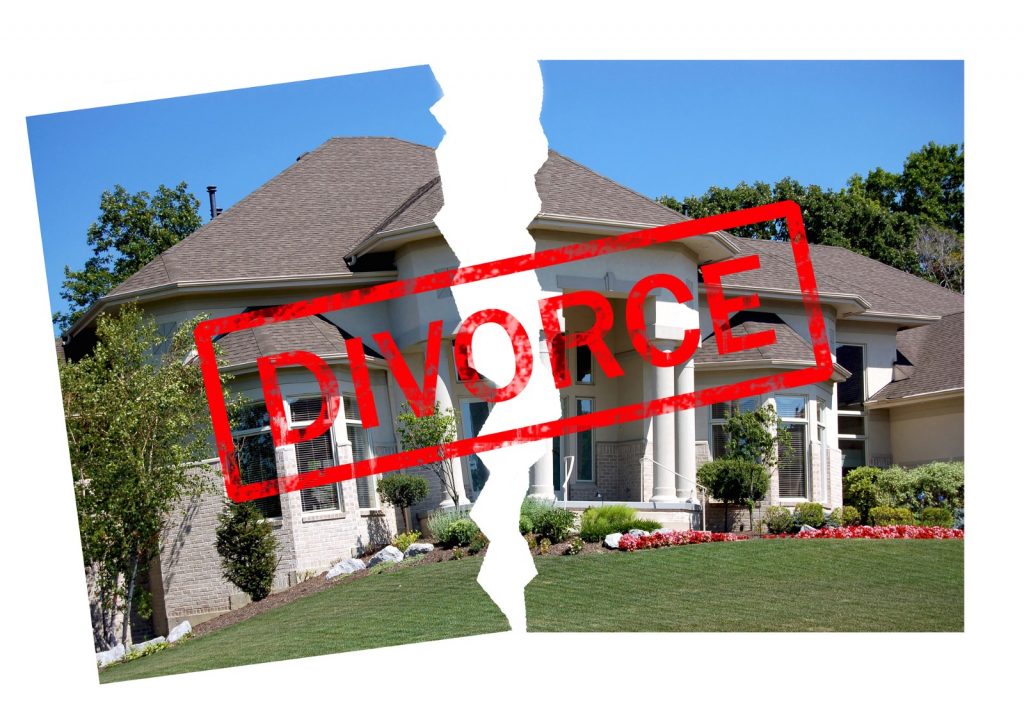
A Mediation can be defined as the reconciliation process in a dispute, helping to resolve it. Mediation law is an awesomely-structured and interactive process whereby an unprejudiced third party assists disputing parties in resolving their conflicts and issues.
Mediation used in divorce cases
Mediation also comprises Divorce Mediation, that is, two formerly married persons deciding their own divorce and what is best for them as well as for their children (if any).
Eventually, as in all mediation processes, a neutral third person, also called the ‘mediator’ helps to work through the issues that need to be resolved so that both parties succeed in ending their relationship in a friendly manner.
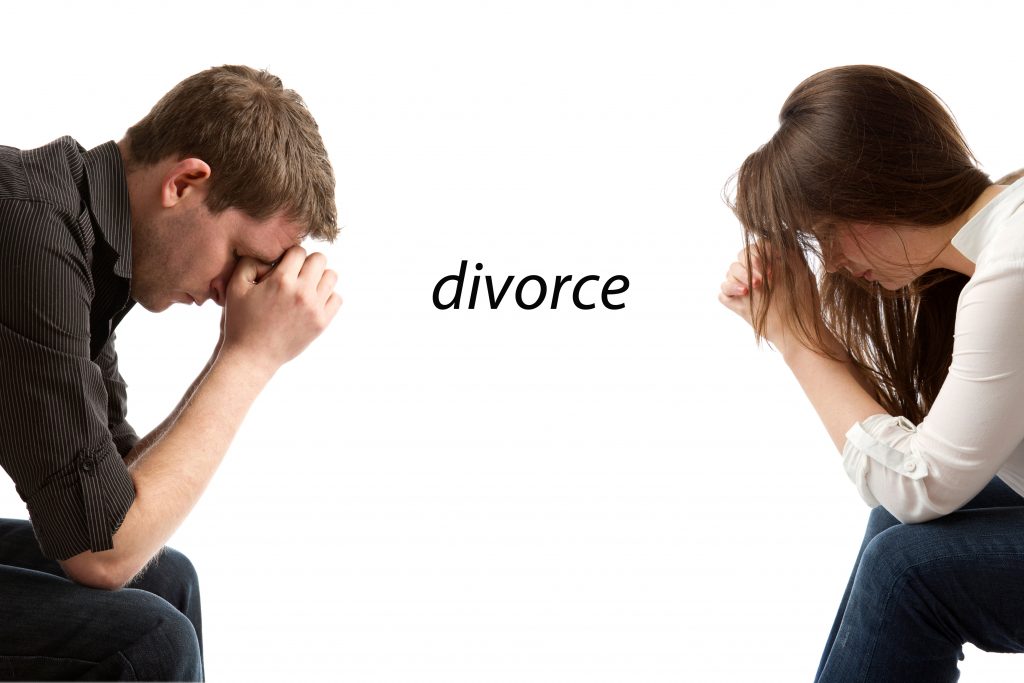
Some issues that normally get covered during a Divorce Mediation process are as follows:
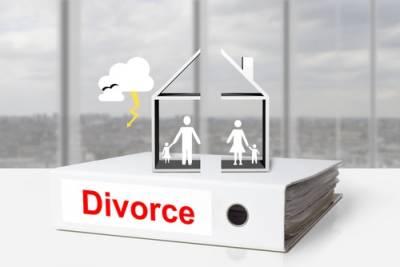
Assets & Liabilities Distribution
Distribution of Property — Assets & Liabilities
These consist of houses, brokerage accounts, rental property, stock options, restricted stock, deferred compensation, retirement and pension plans, closely-held businesses, professional practices and licenses and so on…
Now many factors are considered when holding the distribution process. Liabilities comprise all the debt that has been assembled during the wedding. These can be lines of credit, credit union loans, mortgages, car loans, credit cards or any other loans.

Retirement plans
Retirement and pension plans
Divorces
However, these

Child Support/Maintenance and Child Custody
On the contrary, if the above conditions are not met, the father may acquire the same by getting an agreement with the mother or through a court order.
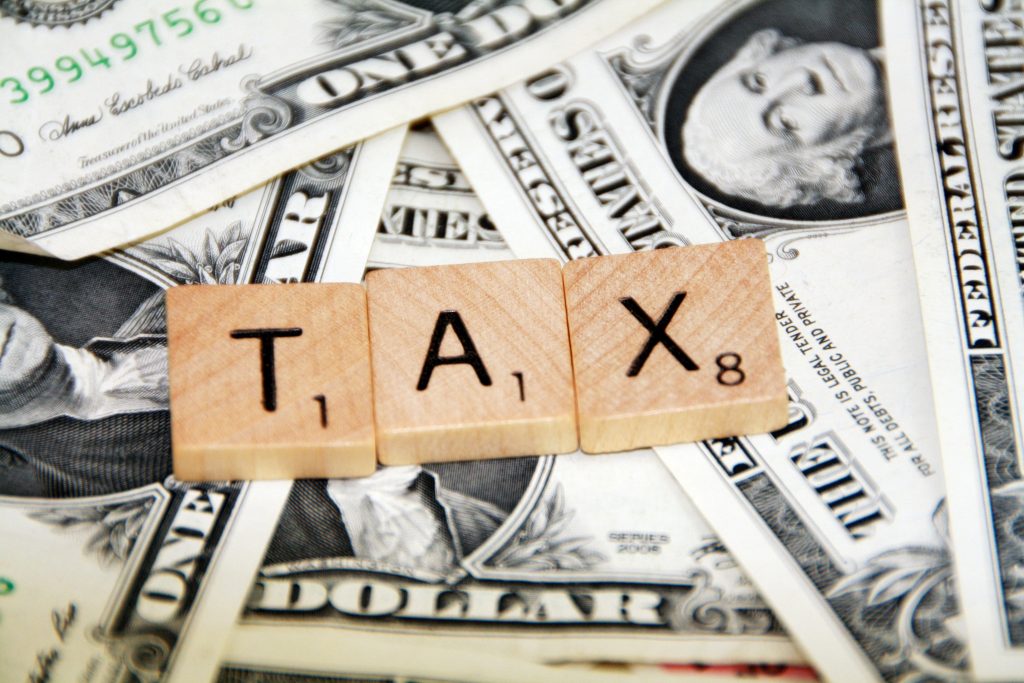
Related Taxes
Lastly, allocations of settlement proceeds and their tax consequences must be negotiated and well understood.
To conclude, nowadays many countries are considering to adopt Mediation as one of the solutions when it comes to having ‘decreasing divorce rates’ as objective. Recently, to be more precise, since 2011, some governments started to encourage divorcing-couples to use Mediation.

